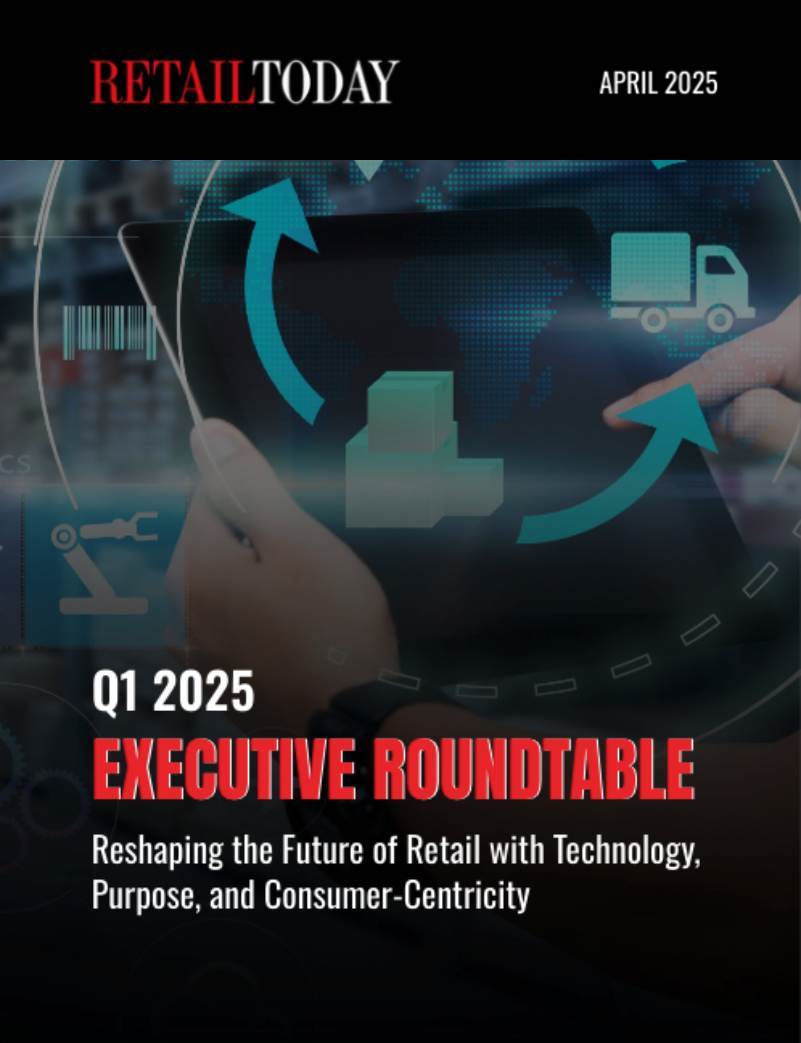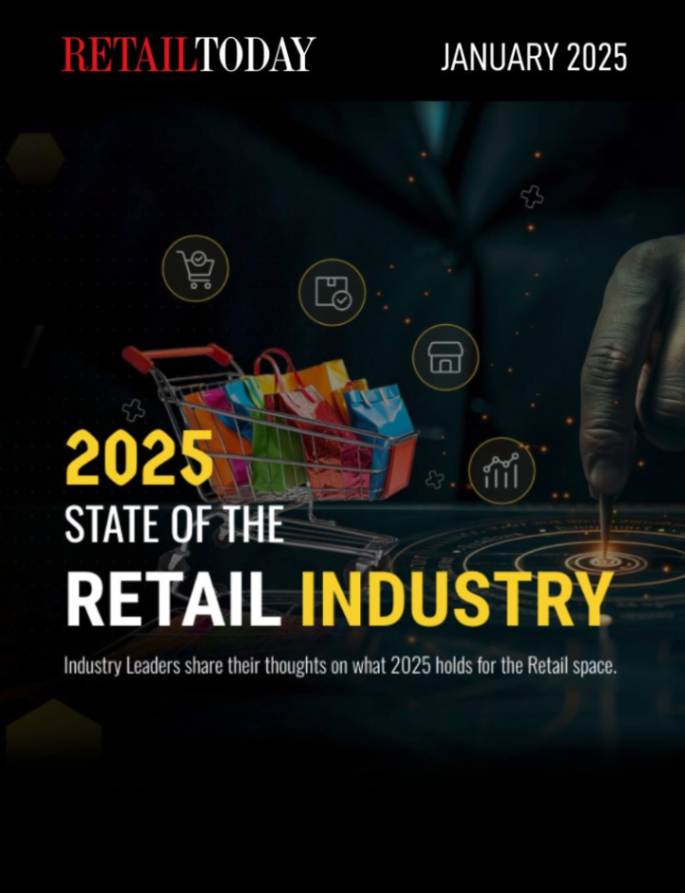
The grocery industry is no stranger to change, and as we begin to navigate through 2024, one central theme is taking center stage—waste prevention. Beyond being a mere corporate responsibility, waste prevention has emerged as a strategic imperative for grocery retailers, aligning seamlessly with consumer expectations, sustainability goals and the economic viability of businesses. In this article, we will explore why waste prevention should become a top priority for every grocery retailer and the transformative outcomes achieved through strategic investments in technology, especially artificial intelligence (AI).
While waste prevention may seem altruistic, grocers can’t ignore its impact on the bottom line. Inefficiencies in inventory management, and demand forecasting, resulting in overstocking and product spoilage can erode profits. By strategically investing in waste prevention measures and tools, such as expiry management and markdown optimization, grocery retailers can optimize operations, reduce losses and enhance overall profitability.
Furthermore, as regulations around waste management become stricter, non-compliance can result in significant financial penalties. A proactive approach to waste prevention mitigates these risks and positions retailers as responsible corporate citizens.
AI has emerged as a powerful tool to help reduce waste prevention. By implementing advanced inventory management systems, prescriptive analytics and automated order fulfillment processes, retailers can significantly reduce overstocking and waste associated with expired products.
For example, Price Chopper/Market 32, a leading regional supermarket operator with more than 130 stores in New York, Massachusetts, New Hampshire, Connecticut, Vermont and Pennsylvania, has strategically implemented Invafresh’s AI-enhanced Fresh Retail Platform across its produce, bakery, deli, meat and seafood departments. This innovative technology facilitates intelligent and precise forecasting, order replenishment, production planning and inventory management. The integration of this platform has not only boosted sales through enhanced on-shelf availability but has also led to a substantial reduction in food waste by ensuring a consistently fresher product inventory. Remarkably, this proactive approach has prevented a significant 20 tons of fresh food from being wasted each week across the entirety of the retailer’s store operations.
Investing in these technologies streamlines operations and provides valuable data insights that can inform future business decisions, contributing to a more agile and responsive supply chain.
Modern consumers are not only more conscious of the environmental impact of their choices but are actively seeking out businesses that share their values. Waste prevention, therefore, becomes a critical component of a grocery retailer’s commitment to sustainability. In 2024, sustainability isn’t just a buzzword; it’s a prerequisite for maintaining a positive brand image and ensuring long-term customer relationships. As grocery retailers navigate the industry’s complexities in 2024, waste prevention is a strategic imperative. It is no longer just a matter of responsibility but a fundamental element of success. Strategic investments in technology, especially AI, are critical to this transformation. By aligning with consumer expectations, meeting sustainability goals, and enhancing economic viability, waste prevention becomes a cornerstone for building a resilient and future-forward grocery retail business.
Tim Spencer As President and Chief Executive Officer at Invafresh, Tim leads strategy and operations, leveraging over 25 years of global experience in enterprise software. His expertise positions Invafresh at the forefront of fresh innovation, supported by a dedicated team on a mission to inspire.






